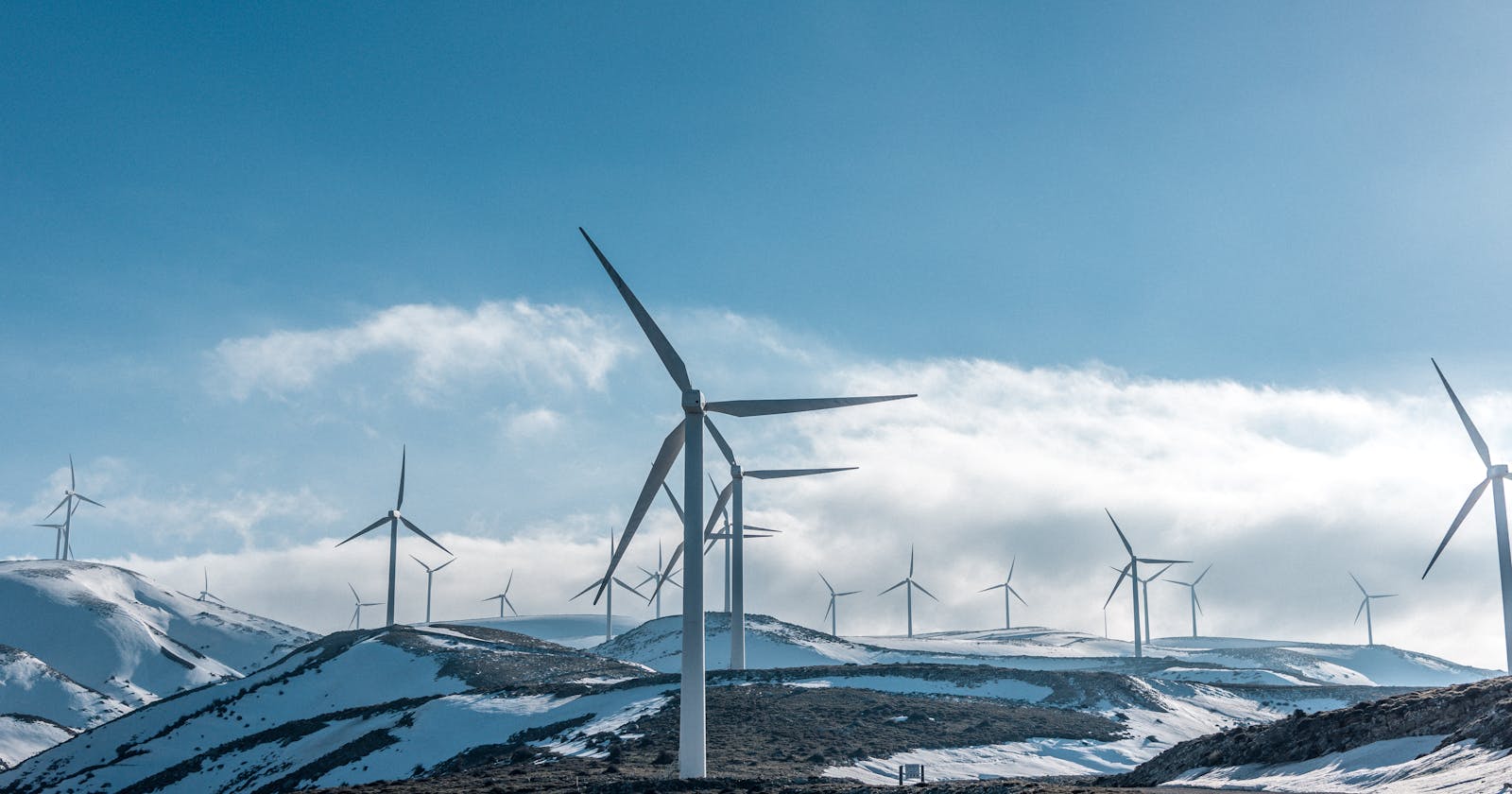Leaders manage their organizations.
Organizations work to create 'goods and services'. Goods and services become the values as money, influence, and brand. The company shares these values with employees (wages), shareholders (dividends), and country (taxes). And they make profits to increase their assets, find investment targets. Employees are motivated by the money and stability to improve their quality of life, take rest, and leisure. Motivated employees go back to work again. Work becomes value, value becomes reward, reward becomes motivation, motivation becomes work again.
In physics, work is equal to energy. So work, value, reward, motivation are all energy. The energy circulation structure in which the organization is created.
One of the energy theories is the first law of thermodynamics. The energy of the entire universe is never lost or created. The total amount of energy in the universe is always the same. The whole set of energy is shared by everyone.
There's also the second law of thermodynamics. Energy keeps changing as things become valuable, and this change is in one direction. Tree becomes charcoal, but charcoal can not become tree again.
So efficiency is important for energy. Leaders should never waste their organization's energy and keep bringing external energy into the organization.
The leader should be the energy manager responsible for the efficiency of this energy circulation structure

